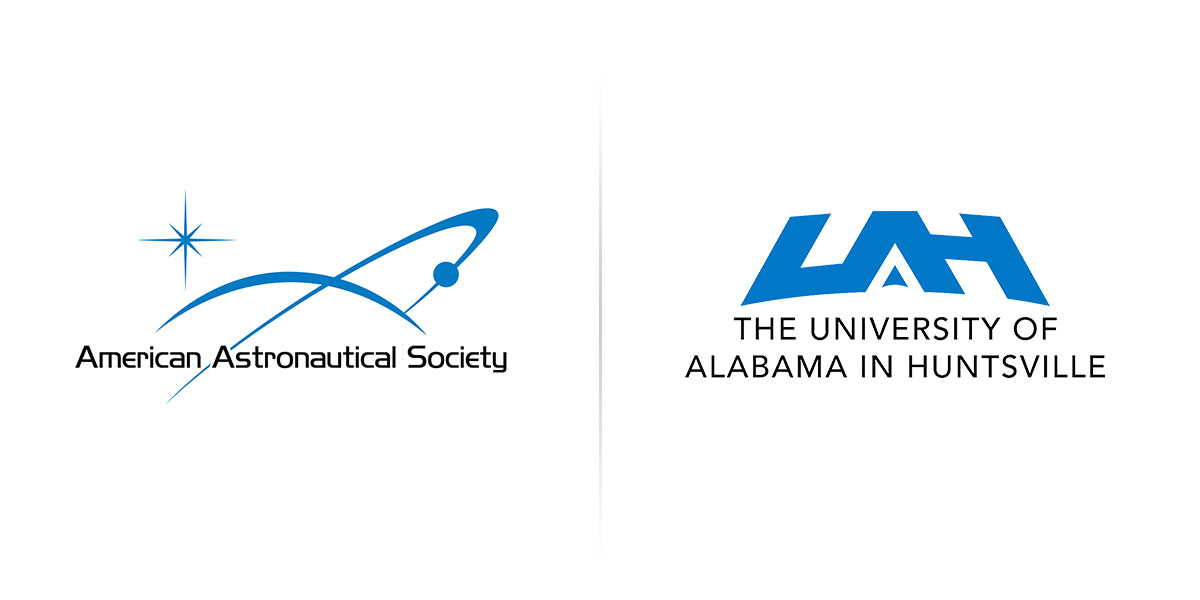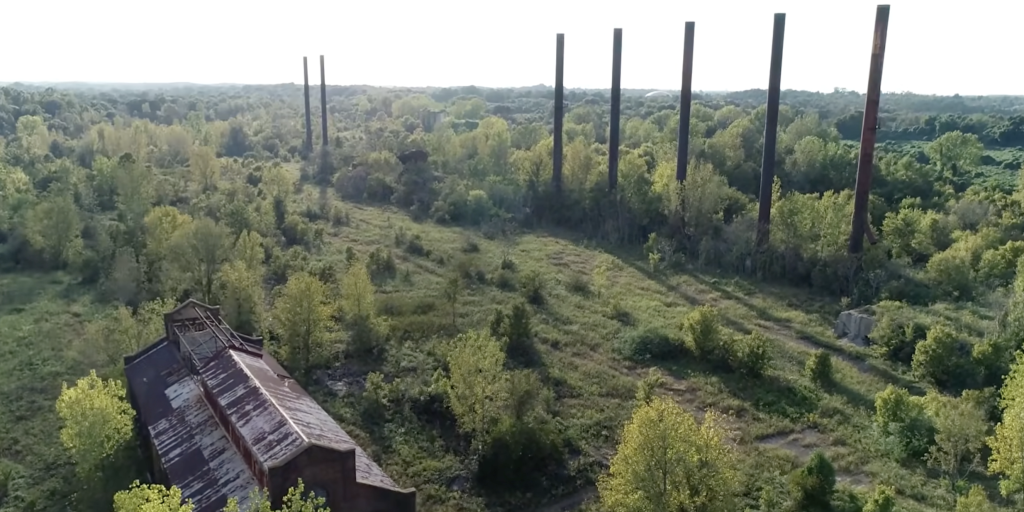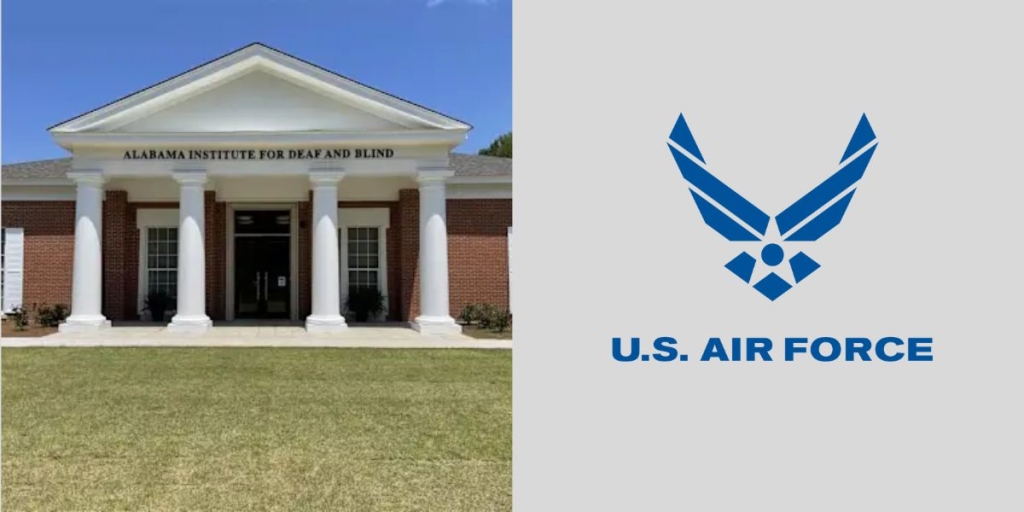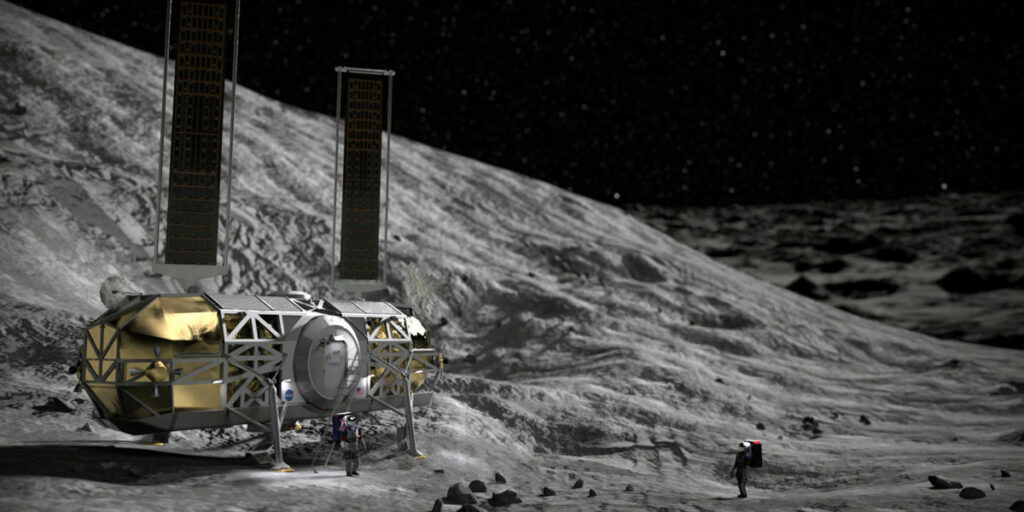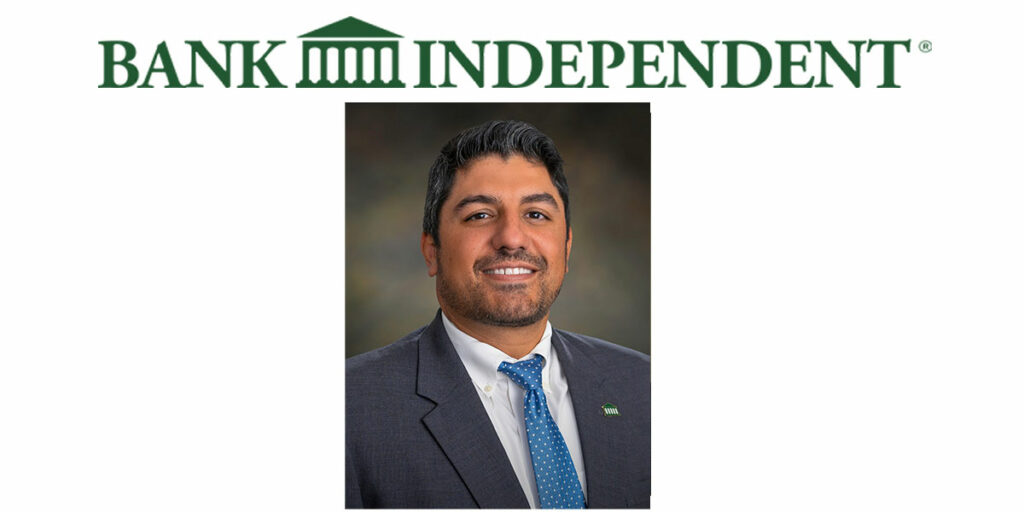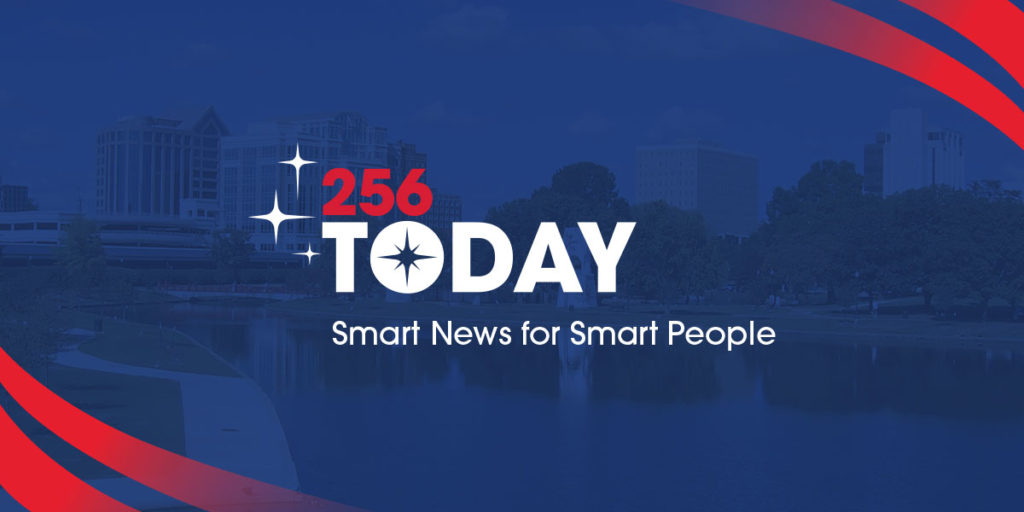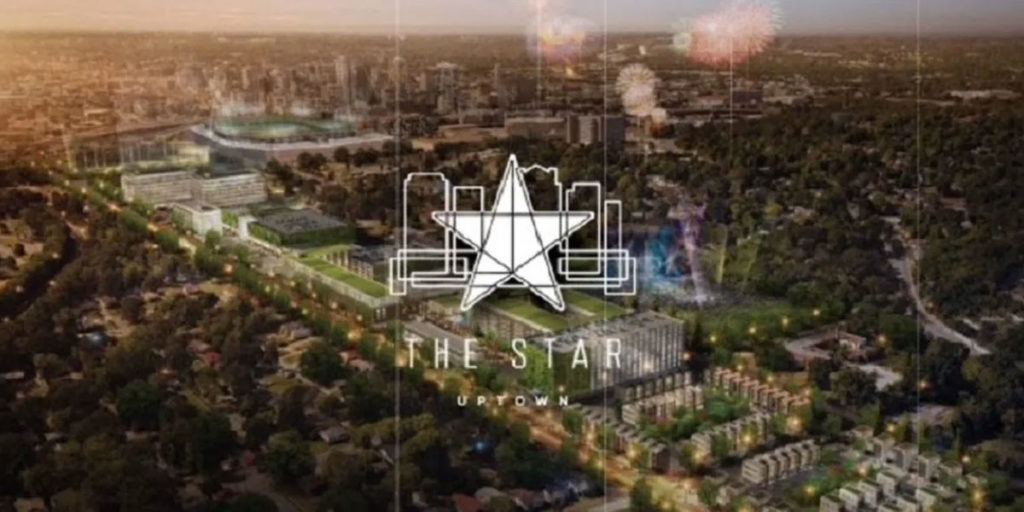Registration is open for the 14th annual Wernher von Braun Memorial Symposium, set to be held both online and in person Oct. 12-14 at The University of Alabama in Huntsville (UAH), a part of the University of Alabama System.
“We have some great NASA leadership participating including Kathy Lueders, Jim Reuter, Bob Cabana and Jim Free,” says Jim Way, executive director of the American Astronautical Society (AAS), which organizes the event. “We’ll be talking about Artemis, the Space Launch System, nuclear propulsion, policy and much more.”
This year’s theme is “United: A Foundation Delivered, The Future Enabled.” Besides UAH, the event is being held in conjunction with NASA’s Marshall Space Flight Center and the National Space Club – Huntsville Chapter. The location for most sessions is UAH’s Charger Union Theater, with lunches and the opening reception in the Student Services Building.
The symposium’s program includes opening remarks on Oct. 12 by Dr. Darren Dawson, UAH president; Alan DeLuna, AAS president; and Jody Singer, director of Marshall Space Flight Center.
Also Oct. 12, the keynote speaker will be Kathy Lueders, associate administrator of NASA Space Operations Mission Directorate. The luncheon keynote speaker on Oct. 13 will be Robert Cabana, NASA associate administrator. On Oct. 14, the luncheon keynote speech will be by Jim Free, associate administrator of the NASA Exploration Systems Development Mission Directorate.
Panel discussion topics include SLS, Expanding the Exploration Envelope; Artemis Innovations: Where Technology Meets Mission Needs; Countdown to Artemis I: The Human Return to Deep Space; Crossroads: Intersecting Science and Exploration; The Big Push: Developments in Space Nuclear Propulsion; and Policy and Regulation: You Can’t Leave Home Without It.
“It is an honor for UAH to host the annual Wernher von Braun Memorial Symposium,” says Dr. John Christy, UAH interim vice president for research and economic development. “It is a place to gain insight into the future of space exploration and a unique opportunity for our students and faculty to engage with the scientists, engineers and administrators who define the future role of the U.S. in space.”
(Courtesy of UAH)




